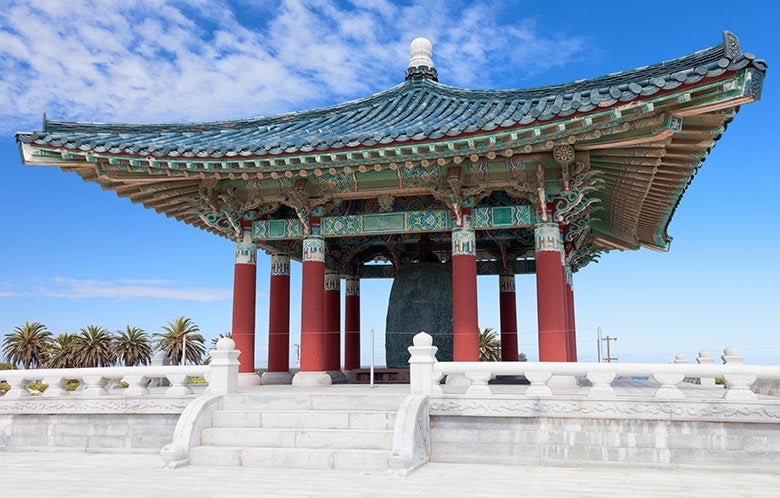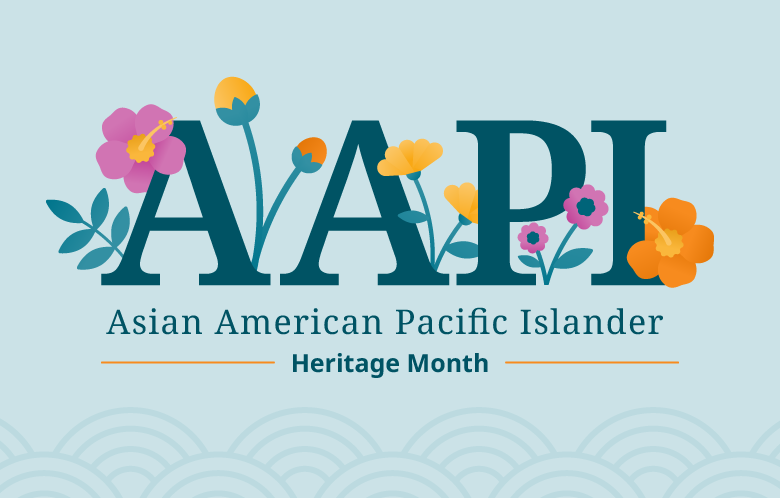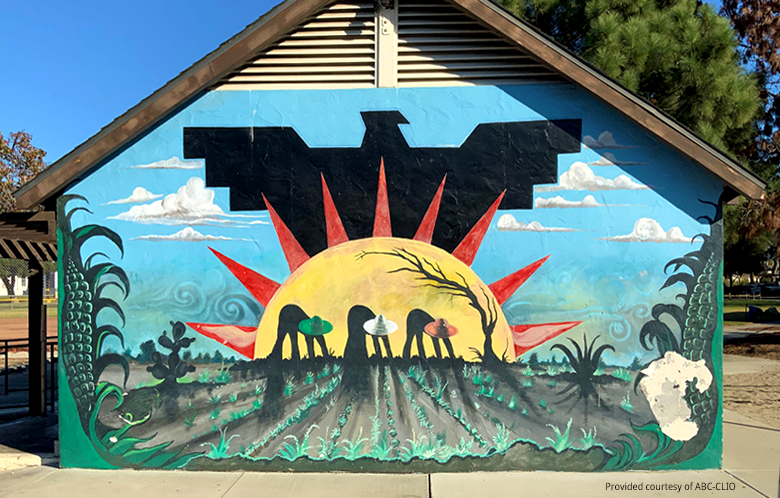Since the mid-19th century, Asian Americans have played an essential role in the development, culture, and social fabric of the United States. Yet, often, their unique histories are barely touched upon in the high school curriculum, with the possible exceptions of Chinese exclusion and the incarceration of Japanese Americans during World War II.
A rise in crimes against the Asian American and Pacific Islander (AAPI) community since the beginning of the global pandemic has started both a reckoning and a desire to better understand the AAPI community and the diverse histories of the many groups who comprise it. This month, as we celebrate AAPI Heritage Month, help students dig deeper into AAPI stories, histories, and peoples and how they have contributed to the rich and complicated history of the U.S.
Here are a few suggested topics to explore:
- Asian Americans resisted racist practices and laws through such court cases as Tape v. Hurley (1885), a school segregation case almost 70 years before Brown v. Board of Education; U.S. v. Wong Kim Ark (1898), a case interpreting the Fourteenth Amendment as granting birthright citizenship to children born in the U.S. regardless of their parents’ status; and U.S. v. Thind (1923), a case exploring the definitions of race and citizenship at the time.
- The treatment and experiences of the Asian immigrants coming through Angel Island varied from the experiences of European immigrants coming through Ellis Island.
- Filipino American labor organizer and activist Larry Itliong worked with César Chávez, joining their organizations to fight in solidarity for fair conditions for farm workers in the 1960s.
- Individuals of different Asian backgrounds collaborated under the term “Asian Americans” for the first time in the late 1960s and 1970s, and — inspired by the efforts of African Americans in their quest for civil rights — organized and fought for ethnic studies curricula, an end to the Vietnam War, and reparations for the World War II incarceration of Japanese Americans.
- The events of September 11, 2001, caused a backlash against South Asian Sikhs, Muslims and Arab Americans, and the long-lasting effects of that discrimination.
- Asian Americans have contributed to U.S. politics, sports, literature, culture and entertainment.
Investigating these topics will help students not only understand the perspectives of Asian Americans today, but also appreciate how incorporating different voices, collaborations, and perspectives is essential to understanding U.S. history.
ABC-CLIO and EBSCO celebrate AAPI Heritage Month while recognizing the critical importance of integrating AAPI history and culture into the curriculum all year long.
ABC-CLIO’s The Asian American Experience database powers student research into the history and cultures of the diverse Asian American peoples of the United States. The Asian American Experience is the latest addition to ABC-CLIO’s award-winning American Mosaic suite, recognized by Tech & Learning as a 2021 “Best Tool for Back to School” for helping schools develop and implement culturally relevant curriculum and by EdTech Digest as a finalist for best social studies solution of 2022.



